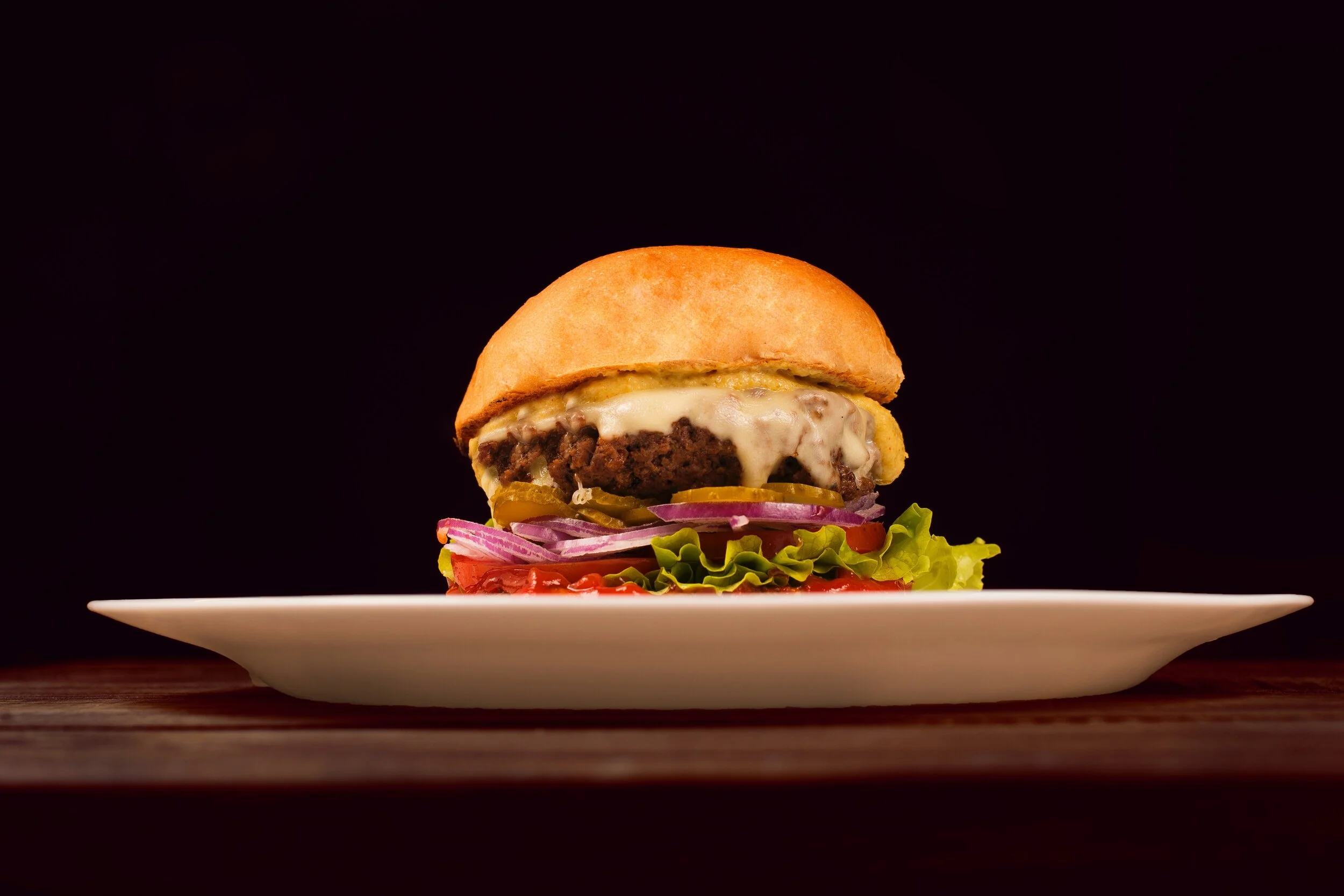Debunking the lies of diet culture
Diet culture has been perpetuating volatile ideas about food for decades. Whether you have struggled with disordered eating or not, there’s a good chance that the undercurrent of our thin-driven culture has influenced how you think about food, health, and your body. Unfortunately, this diet culture is largely (if not entirely) based on lies.
What is “diet culture” anyway?
According to registered dietitian Christy Harrisson, diet culture does the following:
Worships thinness, equating it to health and moral value
Promotes weight loss as a means to higher quality of life
Shames certain ways of eating
While you might not realize you’re falling prey to these ideas, I would bet it has influenced the way you think about food and weight loss. So let’s debunk some lies.
Diet culture lie #1: thinner=better
This is no surprise, but the world is on a thinness kick. Diet culture idolizes thinness, and claims that everyone has an ideal thin weight. People think they should do whatever they can to pursue this weight, and believe that once they reach it, they will feel awesome. This is simply false.
The truth is that everyone’s weight fluctuates over time. An innumerable number of health factors influence weight. To expect that you have one ideal weight and that you can maintain that weight at all times is unreasonable.
If you do reach this so-called ideal weight, you may or may not feel better than you did before.
If you focus on nourishing your body with a variety of nutrients, and giving your body the exercise and activity that helps you to stay strong, your weight may decrease, increase, or stay the same. A healthy lifestyle is not about the number on the scale.
Diet culture lie #2: It’s ok to cheat (on meals)
I used to have cheat meals. Cheat days. Cheat weekends. If you aren’t familiar, the idea of a cheat meal is that you hold tightly to a restrictive diet most of the time, and then for one meal, or one day of the week, you can eat whatever you want. The sky’s the limit.
This creates a cycle of deprivation and binging (which is a disordered eating behavior). During your days of restriction, you are believing the lie that restricting your food is “better” and that on those days you’re being “good.” On your cheat day, you allow yourself to be as “bad” as you would like to be. This gives food imaginary morality.
If you take this approach, you’re simultaneously shaming yourself for enjoying a variety of types of food on your “cheat day,” and also telling yourself that it’s ok to do things that you believe to be wrong every once and a while. It’s confusing, at best.
And of course, this approach misses the point of food—to give your body the nutrients that it needs. Instead of thinking about what you can give your body every day of the week, you’re focused on deprivation and indulgence.
Diet culture lie #3: Dieting is good
Diets, by definition, are intended to be short-term dramatic changes in one’s food intake (typically accompanied by dramatic increase in exercise). When adhered to, they often cause weight loss.
Whether you’re counting points or calories, eating only whole foods, eliminating carbs, or fasting certain times of the day, there’s a strong chance that your diet will cause you to lose weight.
But at what cost?
Diets train you to restrict your food intake, indicating that certain types/amounts of food are “bad.” Diets are like games, seeking to trick your body into shedding weight and burning calories, rather than going through normal cycles of hunger and fullness. Diets do not build healthy habits of nutritional variety, they do not help you learn to listen to your body, to enjoy food, to exercise for the sake of strength and energy.
This is what diet culture and diet companies are selling you. Hunger, inadequate nutritional variety, restrictive mentality, emotional and physical exhaustion, and more. All for the sake of achieving that “ideal weight.” Not. Worth. It.
Pursuing healthfulness
In our diet-culture-obsessed world, it can be really hard to figure out what is good and healthy for the body. I’ve found a very simple, grace-filled approach to be best. Here are a couple of guiding principals that have helped me pursue health.
Listen to your body: when you’re hungry, it’s probably time to eat something (meal or snack). When you’re comfortably full, it’s probably time to finish.
(Allow me to sidebar here: Hunger is not a signal for you to ignore, or to put off as long as you possibly can. Your body is telling you that the gas tank is empty. Don’t try to run on fumes.)
Foods that make your body feel icky or tired out might not be foods that you want to eat a lot of, to avoid feeling icky. Foods that make your body feel good and energized are probably good to focus on.
Also, food is not right or wrong, good or bad. It’s just food.Movement is helpful: exercise gives physical and emotional energy, mobility, and strength. Do what your body can handle.
Read more about biblical reasons for food.



